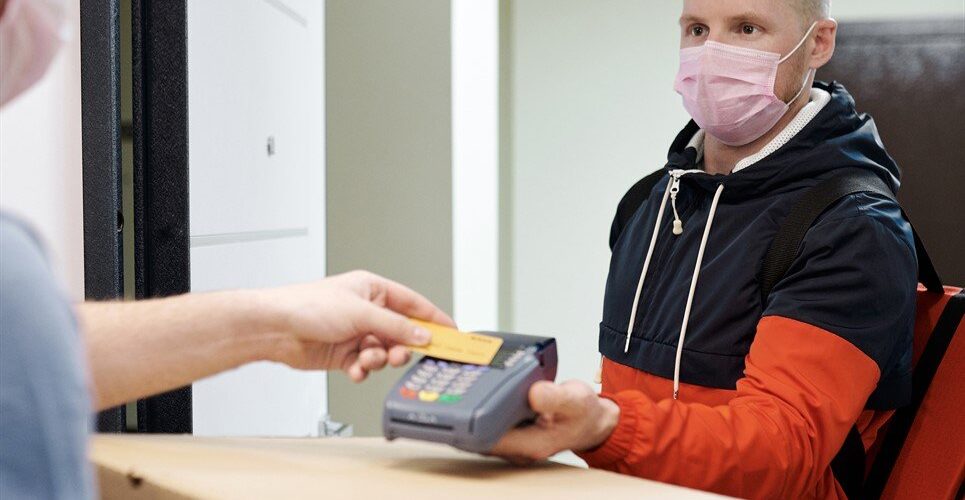Uber is contesting a demand from New Jersey that it pay $649 million for years of unpaid employment taxes for its drivers, stating that they are independent contractors and not employees.

The state’s Department of Labor and Workforce Development issued the request to Uber and a subsidiary, Raiser, in November 2019 after an audit uncovered $530 million in back taxes that had not been paid for unemployment and disability insurance from 2014 to 2018.
So what?
In the US, as in many other countries, worker classification is important because it determines if an employer must withhold income taxes and pay Social Security, Medicare taxes and unemployment tax on wages paid to an employee. Such legal classifications and tax frameworks will have huge implications for the digital / app-based business models reliant on the gig economy. We have seen some seek to redefine the relationship between them and their workers.
The benefits and pitfalls of working within the gig economy are well known and vary greatly from country to country, and from sector to sector. The growing tension between autonomy and flexibility versus massive fluctuations in worked hours and ability to achieve a living wage, means we are seeing a number of high profile legal cases as workers seek redress with platform companies like Amazon, and increased campaigning for regulations and policies that create a viable safety net for gig economy workers.
For example, one proposal is to create a third category of worker – the independent worker, sitting between the employed and self-employed categories. Ascertaining and agreeing the rights and protections of such workers will surely take a significant amount of time and be hugely complex, but with nearly half the global workforce expected to fall within the gig economy by 2025, time is short.
Signal spotted by: Anonymous

 Amazon delivery firms face legal action over workers' rights http://www.theguardian.com/technology/2018/jun/04/amazon-delivery-firms-face-legal-action-over-workers-rights
Amazon delivery firms face legal action over workers' rights http://www.theguardian.com/technology/2018/jun/04/amazon-delivery-firms-face-legal-action-over-workers-rights
















Join discussion